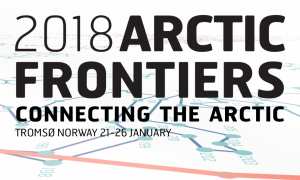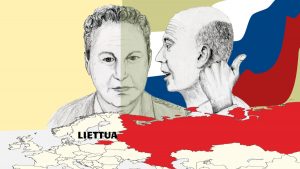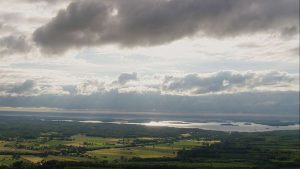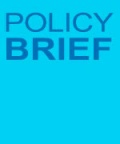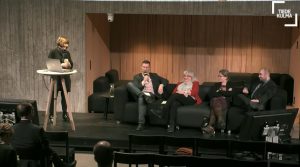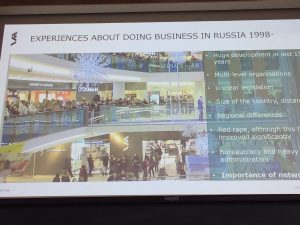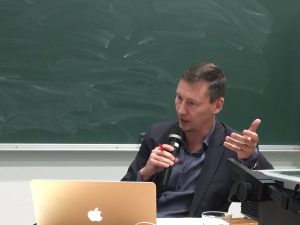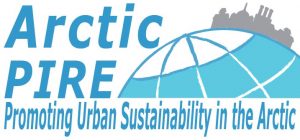On 25th of January Hanna Lempinen gave a presentation “Local resources, international climate policies and salvaging the welfare state: Peat production at the symbolical core of Finnish energy-economy-society interface” at the Arctic Frontiers conference in Tromsø, Norway.
While much of the debates over the Arctic energyscape are dominated by the pros, cons and prospects of northern oil and gas extraction, this presentation takes a focus on another Arctic non-renewable energy resource that sits uncomfortably between regional economic development and international climate policy priorities: peat. While at the official level the national climate and energy policies have shifted from “peat promotion” to gradually phasing out its use in favor of more climate-friendly energy alternatives, local and industry efforts to define peat as a “slowly renewable biomass fuel” continue.
Although the share of peat in Finland’s national energy mix has gradually decreased to around five percent, the importance it still has in terms of supply security and regional economics and employment, the adverse environmental and climate impacts of peat production, and the colorful lobbying campaigns of peat producer associations make sure that the attention that peat receives in political and popular agendas remains larger than its size. This presentation takes an empirical focus on the most recent public peat promotion campaign in Finland with an aim to highlight the fundamental intertwinements of “the idea of peat” and the Finnish society. As such, it provides a case study approach to the often complex discursive interplay of northern local “realities” and shifting international policy priorities in the era of accelerating global warming.
